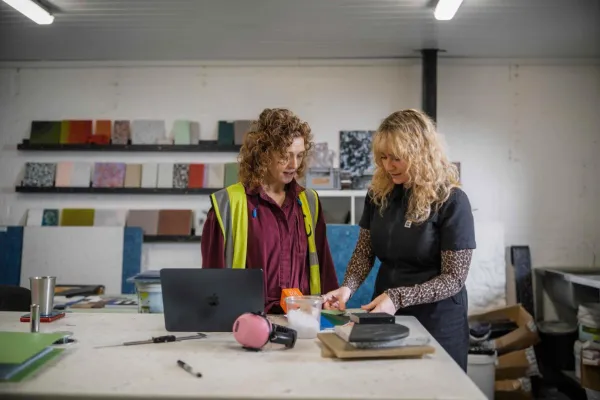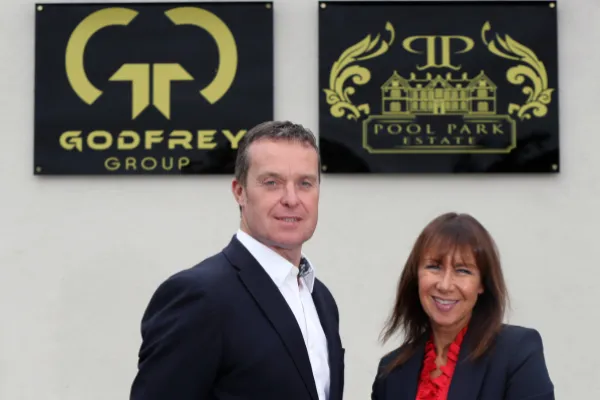The Accelerated Growth Programme (AGP) is Wales’ high-growth business support service, designed exclusively for ambitious entrepreneurs and SMEs with the vision, drive, and potential to scale at pace.

In This Section
How to get started
Get Started. Submit an enquiry to let us know what support your business needs, so we can match you with the right support.
Get Registered. Provide details about you and your business to help tailor the support and resources we offer.
Get Going. Start your Business Wales journey and access our webinars, tools and expert advice
News and blog














